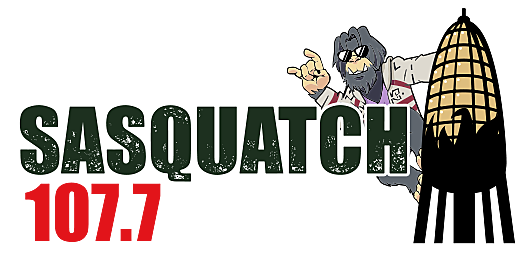
Rochester Working with Volunteers To Control Geese Population
Rochester, MN (KROC-AM News) - Rochester Parks & Recreation is working with community volunteers for the second straight year to control the resident geese population.

The City will use a Humane Society approved procedure known as “egg addling” in areas where there is a high concentration of resident geese.
Addling involves treating or replacing eggs to prevent them from hatching. Eggs will be tested to ensure they have not progressed beyond 14 days of the 28-day incubation period. The eggs that are considered too far along will be returned to the nests.
“Wildlife management can be difficult to discuss, as geese have a long history in our community. We want to reassure the community that the steps being taken in managing the resident goose population are humane and will not eliminate geese in Rochester,” Rochester Parks & Recreation Director Paul Widman said. “Our management plan will not impact migratory geese that visit Rochester during the winter and return to the arctic regions of Canada in the spring. The goose management plan attempts to strike a balance of supporting wildlife, and ensuring parks and trails are safe for residents and visitors.”
Last year, Rochester volunteers used a method that involves treating the eggs with corn oil, this year the live eggs will be replaced with ceramic eggs. Both methods are approved by Humane Society of the United States, US Fish & Wildlife and the MN Department of Natural Resources.
The management plan for Rochester recommends humane treatment methods that reduce the growth of the population. The results will be gradual over several years. The overall objectives of the management plan are to reduce conflicts and maintain a wildlife population that can be sustained in the natural habitat provided by the park system.
The Park Board approved egg addling at several parks including Silver Lake Park, Cascade Lake Park, Soldiers Memorial Field Park and golf course, as well as Foster-Arend Park for 2022. Fieldwork will begin at the start of nesting season this spring.
Volunteers are still being sought for the March-May timeframe. Those interested in volunteering can learn more information here.


![29 Kids Are Missing From Minnesota, Let’s Help Get Them Home [UPDATED]](http://townsquare.media/site/717/files/2021/04/attachment-Missing-Kids.jpg?w=980&q=75)